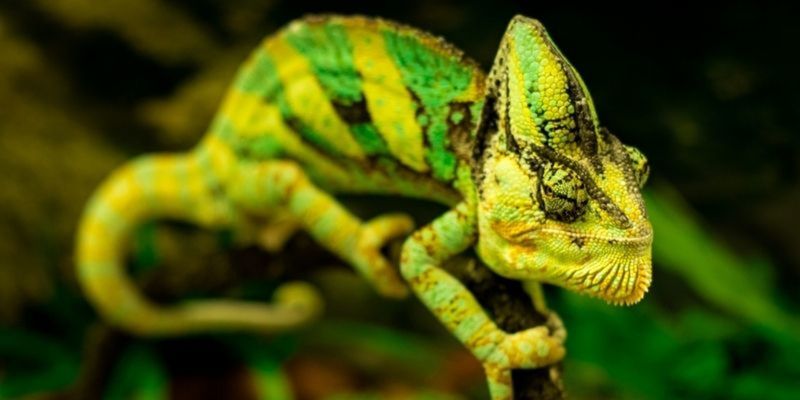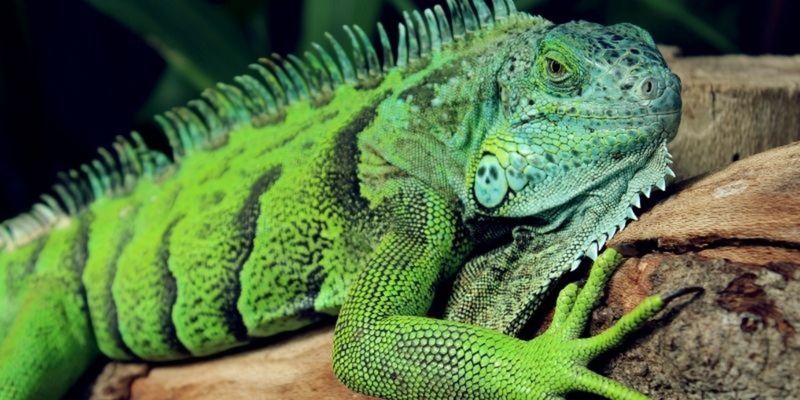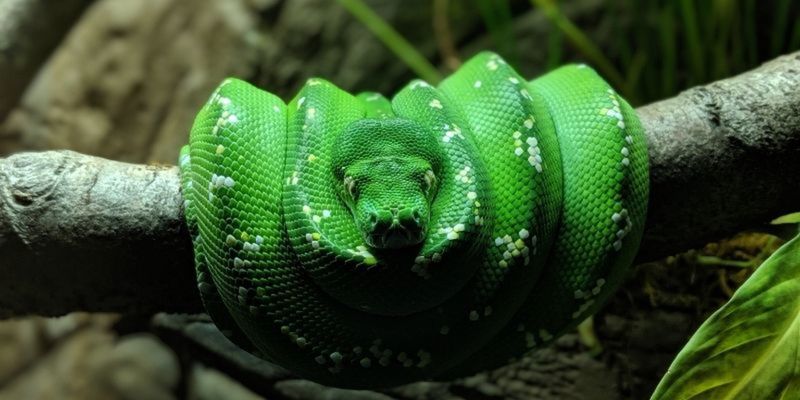The Study of Reptiles
The Study of Reptiles
Reptiles are fascinating creatures that people tend to either love or hate. This strong divide has resulted in humans either trying to exterminate different reptile species out of fear, use them for their material properties, or keep them as exotic pets in the home.
These behaviours have led to an increasing need to educate the public on just how important reptiles are, and that they aren’t just something to be feared or marvelled at. In fact, certain species of reptiles are known as ‘keystone species’, which means they have a particularly influential role within their ecosystem.
Without reptiles, the natural world would look vastly different to what it is today. We also wouldn’t have some of the vital medicines that are in use today if it wasn’t for reptile studies.
If you find these animals interesting, learn more below about why people study them and how you can start a career related to reptiles.
What is the Study on Reptiles Called?
The study of reptiles is generally known as ‘herpetology’, which is the branch of science that focuses on the study of reptiles and amphibians. This is because early reptiles evolved from amphibians and their similarities made it easy to examine them as a group. However, they aren’t actually as similar as once thought, which has led to more educational courses that focus on reptiles separately.

Similarities and Differences Between Reptiles and Amphibians
It’s easy to see why people initially thought reptiles and amphibians were closely linked, as most of their differences aren’t visible from the outside. However, there are varying attributes that separate them, as well as features that bond them.
Differences
- The study of reptiles and amphibians has unearthed internal differences such as:
- The circulatory system and certain skeletal features of reptiles are quite different from those of an amphibian
- The majority of reptiles have a better-developed lung capacity which makes their respiratory system more efficient
Some external differences include:
- Reptiles tend to have claws and dry, scaled skin whereas most amphibians have no claws and their skin is moist and scale-less
- Most amphibians lay soft, shell-less eggs in the water or moisture-rich areas, whereas reptiles lay fewer eggs, which are shelled and laid on land
- Amphibians’ young go through metamorphosis (changes in body form) before reaching adulthood. Reptile young, on the other hand, do not go through metamorphosis and look very much like miniature adults when they hatch
Similarities
Despite these differences, the study of amphibians and reptiles has also identified numerous similarities.
These include:
- They are both ectothermic, which is often wrongly referred to as being cold-blooded. Ectothermic animals can’t generate their own body heat, so they use external heat sources like the sun or warm rocks to warm up. This is why they are often seen basking in the sun
- You might think it’s only snakes who do it but both reptiles and amphibian species outgrow their skin numerous times a year
- They both use their tongue to smell and taste the area around them, depositing molecules to their Jacobson’s organ at the roof of their mouth, which sends messages to their brain about their environment

Who Studies Reptiles?
There are many different types of people who study reptiles and, depending on the level and type of study you are prepared to complete, you too can move into one of these important careers.
Herpetology can lead to many different types of roles; you could become a lab researcher, complete field studies and surveys, work in a zoo, museum or teach reptile related classes in schools and colleges.
In today’s science-related roles, you won’t find many scientists who consider themselves as a herpetologist above all else. This is because it’s more common to focus on a particular field like ecology, evolution, taxonomy, physiology, or molecular biology first before using reptile studies to answer questions in that area. For instance, an evolutionary biologist/herpetologist working on issues relating to the evolution of warning colouration in coral snakes.
There are also other herpetological careers you may be more familiar with, such as writers like Mark O'Shea and Philip Purser. Or, showmen like Steve Irwin aka the "Crocodile Hunter", who would raise awareness of reptiles through television and live shows.
A great way to start working your way towards any of these careers is through a regulated course that is dedicated to the field of reptile studies. The online Reptile Studies Level 3 Award (RQF) offered by learndirect, provides a convenient way to get qualified.
Why the Study of Reptiles is Important?
Studying reptiles is important for many reasons, not only does it raise awareness of the varied species that live across the world, it also helps humans to realise the need for reptile care and welfare.
Many people keep reptiles as pets in the home. In a lot of instances, they do so in a way that does not properly cater to their needs. By studying reptiles, you can have a better understanding of how to care for them. This can help if you have your own reptile pet, work in a position where you can educate others who do, or you look after reptiles in a professional capacity.
Reptiles are also incredibly important components of the food network in the majority of ecosystems. They act as both predator and prey, and herbivorous species disperse seeds and pollinate various plant species, including those that are becoming increasingly rare.
In addition to this, reptiles are vital in the control of serious agricultural pests. The toxins and venoms produced by certain reptiles have also been impactful in the development of human medicine. For example, theres is a type of snake venom that has helped create anti-coagulants used to treat strokes and heart attacks.

Where Can I Complete the Study of Reptiles?
There are many educational institutions that provide courses in herpetology and reptile studies. The best one for you will largely depend on how you prefer to learn and the amount of time you have free to commit to studying.
The study of snakes and reptiles can be completed in a college environment, either full-time if you are available to study throughout the day, or in part-time classes, if you only have time to study in the evening.
You can also study reptiles online through a distance learning course. learndirect’s online Reptile Studies Level 3 Award (RQF) will provide a great starting point to understanding reptile care, welfare and behaviour. Upon completion of this course, you will be positioned to start a career working with reptiles, whether that is within a zoo environment, or in a store that sells reptile pet supplies.
Study Reptiles with learndirect
If you’re ready to take your interests in snakes, crocodilians and lizards to the next level, learndirect can help you gain a formal reptile qualification. By studying with us, you will learn about the behavioural, welfare and care needs of reptile species around the world.
Find out more by discussing this course with our Course Executives today. They will answer all the questions you have and help you take the next steps to enrol.
Call them now on 01202 006 464 or contact them online.
You can also keep track of all animal awareness days and events with our FREE calendar! Download it here.
















